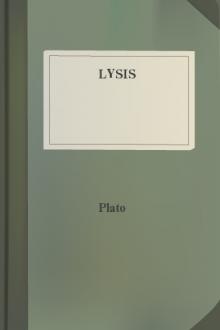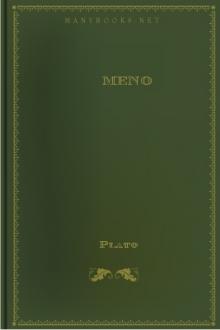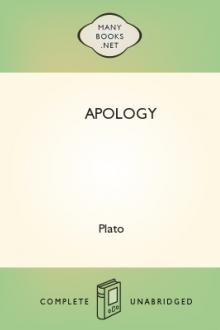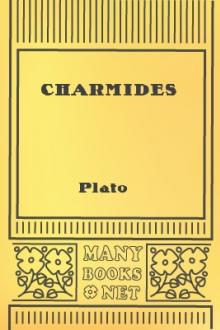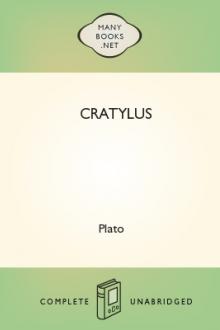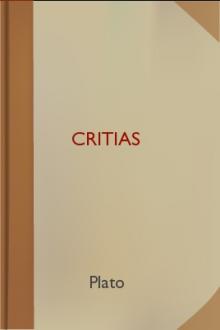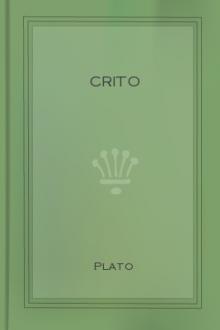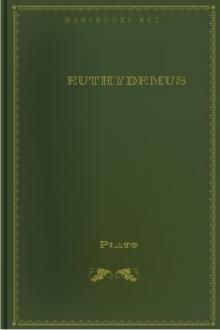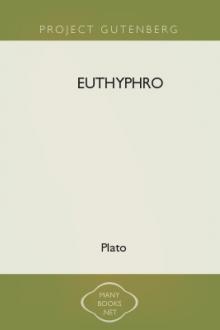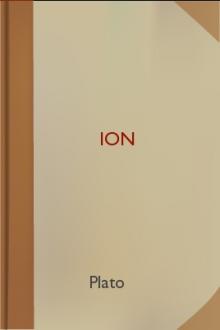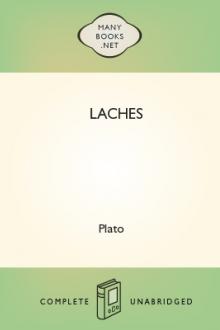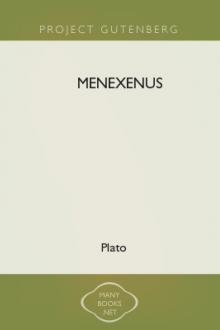Gorgias
Gorgias
Socrates, who is attended by his inseparable disciple, Chaerephon, meets Callicles in the streets of Athens. He is informed that he has just missed an exhibition of Gorgias, which he regrets, because he was desirous, not of hearing Gorgias display his rhetoric, but of interrogating him concerning the nature of his art. Translated by Benjamin Jowett
Book Excerpt
ue naturally falls into three divisions, to which the three characters of Gorgias, Polus, and Callicles respectively correspond; and the form and manner change with the stages of the argument. Socrates is deferential towards Gorgias, playful and yet cutting in dealing with the youthful Polus, ironical and sarcastic in his encounter with Callicles. In the first division the question is asked--What is rhetoric? To this there is no answer given, for Gorgias is soon made to contradict himself by Socrates, and the argument is transferred to the hands of his disciple Polus, who rushes to the defence of his master. The answer has at last to be given by Socrates himself, but before he can even explain his meaning to Polus, he must enlighten him upon the great subject of shams or flatteries. When Polus finds his favourite art reduced to the level of cookery, he replies that at any rate rhetoricians, like despots, have great power. Socrates denies that they have any real power, and hence arise the three paradoxes alrea
Editor's choice
(view all)Popular books in Non-fiction, Philosophy, Fiction and Literature
Readers reviews
0.0
LoginSign up
Be the first to review this book
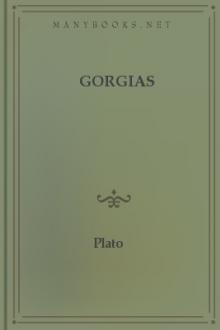
 Free Download
Free Download





















